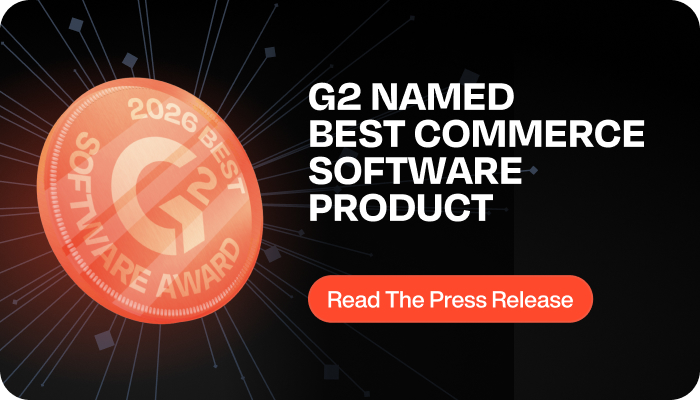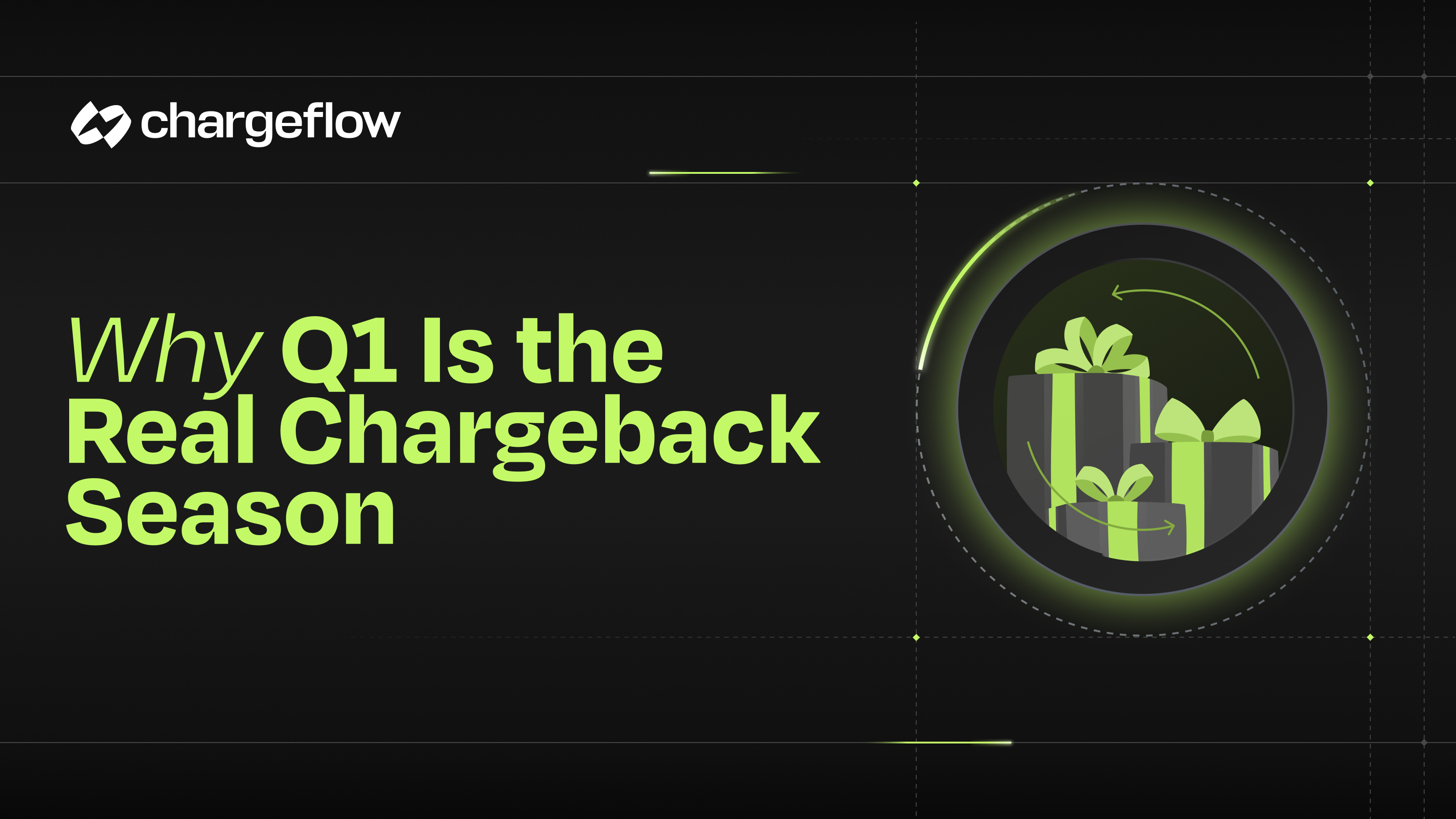How to Choose the Right Chargeback Solution: Manual vs Chargeback Automation

Chargebacks?
No longer your problem.
Recover 4x more chargebacks and prevent up to 90% of incoming ones, powered by AI and a global network of 15,000 merchants.
This article is loaded with quake knowledge and game-changing insights to help you choose the right chargeback management solution in these times.
The chargeback management concept holds incredible promise and peril:
- 👍Promise: Any merchant can win false chargebacks by submitting evidence that counters buyers’ claims.
- 👎Peril: Winning those cases (without the help of advanced technologies) is like passing a camel through the eye of a needle.
Fuzzy rules, inconsistent terms, and resource-intensive procedures make chargeback processing an uphill battle. Merchants have little room for errors. Right now, platforms like Shopify do not tolerate high chargeback rates. Even a 0.001% chargeback rate gets you payment holds. God forbid you reach a 0.3% chargeback rate. The fraud team will immediately hit you with “threatening legal letters." Fix the issue, or lose your account.
Hence, we crafted this series on chargeback management best practices to save you that trouble. The first post examined the meaning of chargeback management – and why you must care about it. In the second piece, we settled the debate of In-House vs. Outsourced vs. Automated Chargeback Management. My goal for this final installment is to help you choose the best chargeback solution.
This invaluable resource is loaded with quake knowledge and game-changing insights. Imagine a best practice that puts an extra $1,350 back into your pocket and saves you ~17 hours of work monthly!
Synopsis of Chargeback History
If you track the timeline of credit card chargebacks from Act 1974, you’ll observe a steady trajectory of events until 2010. The eCommerce revolution inadvertently tilted chargeback processing in favor of cardholders. Folks learned how to manipulate the system, and friendly fraud became rife. Eventually, the card networks began implementing notable course-correction measures:
- EMV liability shift of 2015.
- Visa Claims Resolution (VCR) system in 2018.
- Mastercard acquisition of Ethoca and Visa acquisition of Verifi in 2019.
- Mastercard Dispute Resolution Initiative (MDRI), 2018-2020.
- Visa Subscription Billing Policy Update in 2020.
- Mastercard Subscription and Negative Option Billing modification of 2022.
- Visa Compelling Evidence 3.0 policy in 2023.
These programs sought to address the limitations of the analog age by streamlining chargeback handling for more transparency. They purported to tidy up the chargeback landscape by tackling friendly fraud and subscription chargebacks head-on.
For example, Visa Compelling Evidence 3.0 guarantees a chargeback liability shift to the card issuer if a merchant provides evidence the cardholder participated in the transaction, received the goods or services, or benefitted from the transaction. Ethoca and Verifi issue advance chargeback alerts to help merchants potentially avoid disputes.
Still, these policies have only made a nominal impact, as merchants who manually process chargebacks have a ~12% chance of winning. Given that fact, it’s no surprise that chargebacks cost the average merchant up to 0.47% of their total revenue annually, according to Shopify.

From Manual to Automated Chargeback Management
Historically, most merchants treated chargebacks as a Cost of Doing Business. There was a tremendous information gap on chargeback prevention, evidence gathering, and dispute-response best practices.
But that is changing. Merchants are becoming increasingly aware of the financial impact of chargebacks. Furthermore, our research shows a steady shift from manual chargeback processing, which doesn’t yield positive ROI, to data-driven operations.
Thanks to automated systems like Chargeflow, merchants can leverage chargeback data to gain insights into issue areas and predict their likelihood of success in dispute resolution.
As consumer behavior changes with technology, autopilot chargeback management offers sellers a scalable solution to combat fraud…in whatever shape or form they happen. Being such a massive and growing business, it pays to do your due diligence to avoid onboarding the wrong tool.
Factors to Consider in a Chargeback Automation Solution
Consider the following metrics when choosing a chargeback automation service to avoid falling prey to charlatans with big promises and zero output.
- Fraud mitigation: The ability to detect and prevent fraud is crucial. The service should allow you to track suspicious transactions, verify identity and billing addresses, and use credit card verification codes to flag potential fraud. An Identity Verification Service helps defend against chargebacks.
- Blacklist and database synchronization: A blacklist feature that allows you to identify and isolate customers who have filed chargeback disputes is especially vital in avoiding future fraudulent transactions. The automation service should allow you to blacklist suspicious transactions based on past behavior.
- Integration and workflow efficiency: The service should be easy to integrate with your current workflow. It must not compromise the functionality of other programs. It should be easy to onboard with a tailor-made user experience that offers integration options for better performance.
- Chargeback analytics: The automation service should provide post-chargeback analytics. You can use this data to identify transaction behaviors, close loopholes, and better align your strategies with changing dynamics.
- Cost efficiency: You should quickly know what and when you’re paying. The cost should equally make sense for your business model. The service provider must also be transparent with their pricing options, not trapping you with a sweetened deal that buries incremental costs behind the paperwork.
- Industry regulations compliance: Ensure the service provider maintains strong data security measures in line with industry best practices. You don’t want a data mining backdoor that jeopardizes your business.
- Chargeback alert: You should know when buyers have initiated disputes so you can stop the case before it becomes a full-blown chargeback.
Chargeflow ticks all the vital boxes noted above. Our users say Chargeflow is a top choice in the market in prioritizing fraud mitigation, data privacy, and compliance. The 2-click integration makes it fun to “set it up and forget it.”
Final Thoughts
Chargeback management is a messy but essential aspect of online commerce. When a customer questions a transaction and asks for a chargeback, it can be frustrating and time-consuming for merchants.
Fortunately, you can avoid the costly manual labor. A chargeback management solution like Chargeflow helps you resolve chargebacks with much better results. You also gain the crucial advantage of automating the entire chargeback process, simplifying dispute handling, and streamlining the overall chargeback procedure.
Chargeflow works seamlessly with various payment gateways, including PayPal, Stripe, and Braintree. You can easily integrate Chargeflow into existing eCommerce stacks. And the success-based pricing means you only pay when you win. For further details, please contact our sales team.

Chargebacks?
No longer your problem.
Recover 4x more chargebacks and prevent up to 90% of incoming ones, powered by AI and a global network of 15,000 merchants.
















































.png)








